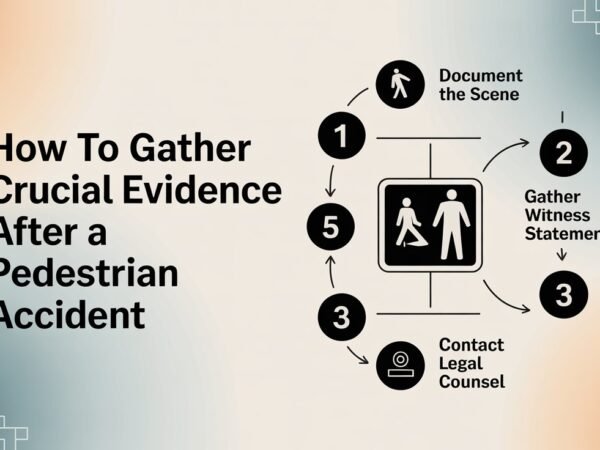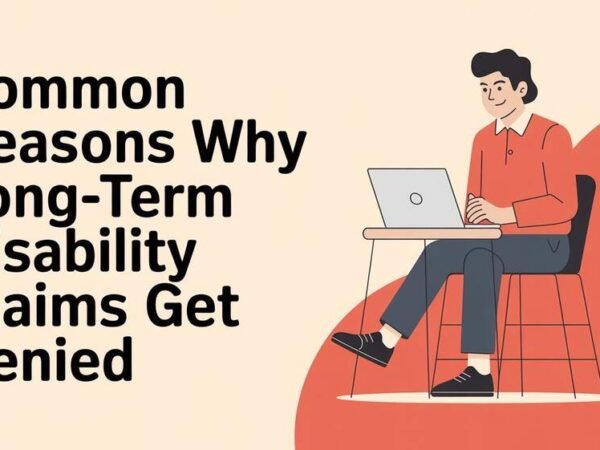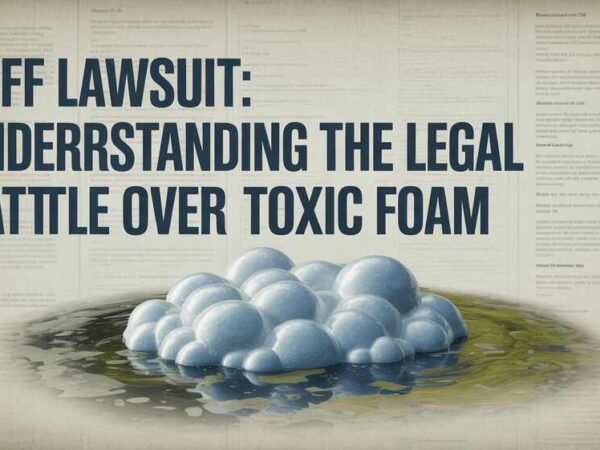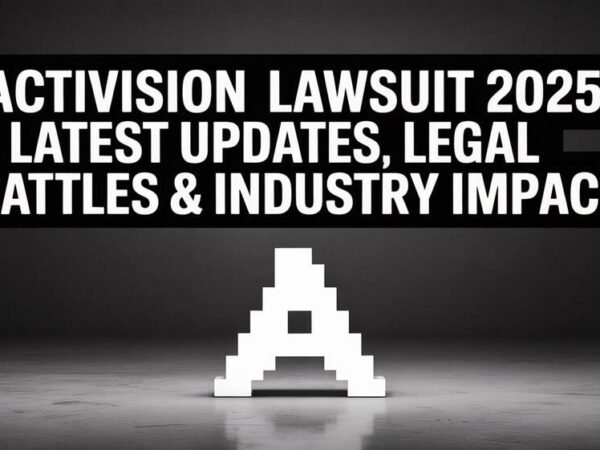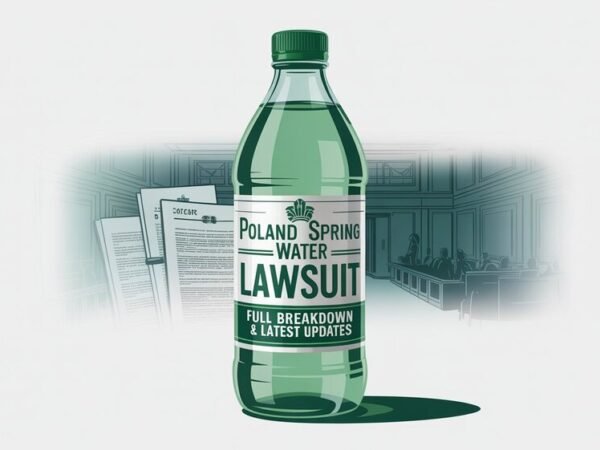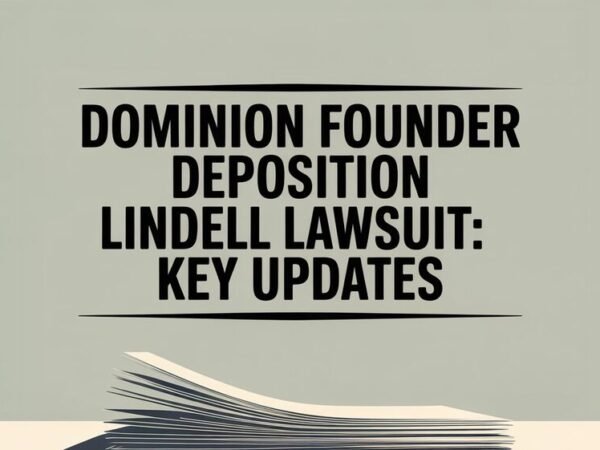Introduction to the CVS Opioid Lawsuit
The opioid epidemic has carved a devastating path across the United States over the past two decades, claiming hundreds of thousands of lives and reshaping public health policy. At the heart of this crisis lies a tangled web of pharmaceutical companies, distributors, and retail pharmacies accused of perpetuating the unchecked spread of addictive prescription drugs. Among these entities, CVS Health, one of the largest pharmacy chains in the nation, has come under increasing scrutiny. The ongoing CVS opioid prescriptions lawsuit in 2025 marks a significant legal chapter in the fight for corporate accountability amid one of the worst drug crises in American history. This article delves deep into this landmark case’s legal claims, defenses, and broader implications.
CVS and the Opioid Crisis: A Historical Context
CVS’s involvement in the opioid crisis dates back to the early 2000s, when prescription opioids like oxycodone and hydrocodone surged in popularity. Pharmacies such as CVS became key distribution points for these medications. Over the years, regulators and advocacy groups raised concerns that CVS and similar chains were not doing enough to detect and halt suspicious prescription patterns. Between 2006 and 2012 alone, CVS pharmacies dispensed millions of opioid pills across high-risk communities.
In 2022, CVS reached a landmark $5 billion settlement with states and municipalities to resolve thousands of claims related to its alleged role in fueling the opioid epidemic. The agreement, though historic, did not put an end to legal action. It included no admission of wrongdoing and left open the door for future investigations, particularly from federal agencies. The current federal case in 2025 stems from unresolved concerns and seeks to determine whether CVS continued to fill unlawful prescriptions even after previous legal interventions.
The 2025 Federal Lawsuit: New Allegations Against CVS
The latest twist in the CVS opioid prescriptions lawsuit came in late 2024, when the U.S. Department of Justice (DOJ) filed a sweeping civil complaint. The DOJ accuses CVS of knowingly violating the Controlled Substances Act and the False Claims Act. At the core of the lawsuit are allegations that CVS filled prescriptions for opioids despite clear “red flags,” such as excessive quantities, suspicious dosages, and links to disreputable prescribers—sometimes labeled “pill mills.”
Federal prosecutors allege that CVS dispensed these medications while ignoring legal obligations to verify prescription legitimacy and report problematic patterns. Even more troubling, the DOJ claims that CVS sought federal reimbursement through Medicare and Medicaid for these illegitimate transactions. If proven, these violations could trigger massive financial penalties and expose the company to criminal liability. The lawsuit is a test case for whether retail chains can be held directly responsible for dispensing practices, independent of manufacturers or distributors.
CVS’s Legal Defense and Corporate Response
CVS has publicly denied any intentional wrongdoing. In its legal response, the company has consistently complied with state and federal laws governing controlled substances. CVS maintains that pharmacists are trained to evaluate prescriptions and that many red flags cited by the DOJ are based on hindsight rather than actionable intelligence during dispensing.
The company also argues that the federal complaint lacks sufficient specificity, failing to identify particular instances in which CVS pharmacists knowingly filled unlawful prescriptions. CVS has filed a motion to dismiss the case, citing the DOJ’s inability to link the chain’s actions directly to criminal prescribers. At the same time, CVS emphasizes expanding internal compliance programs, deploying advanced analytics to flag high-risk patterns, and investing in pharmacist education.
Legal Proceedings and Potential Outcomes
Legal proceedings have been rushed since the complaint was filed. In early 2025, federal judges reviewed CVS’s motion to dismiss, but a decision has yet to be issued. If the case proceeds to trial, it could result in a high-profile courtroom battle drawing national attention.
Potential outcomes vary widely. If CVS is found liable, the company could face hundreds of millions of dollars in fines, injunctive orders to change its practices, and reputational damage. Alternatively, a settlement could be reached to avoid prolonged litigation. Industry experts note that this case could also prompt further federal scrutiny of other retail chains involved in opioid dispensing, potentially reshaping the landscape of pharmaceutical liability.
Broader Industry Impact and Policy Implications
The implications of the CVS opioid prescriptions lawsuit extend far beyond one company. If the federal government succeeds in proving that pharmacies bear direct civil liability for opioid oversupply, other chains—such as Walgreens, Walmart, and Rite Aid—could face similar legal action. Moreover, the case highlights the growing role of pharmacy benefit managers (PBMs) and the need for prescription authorization and reimbursement transparency.
Pharmacies, once viewed merely as the final link in the pharmaceutical supply chain, are increasingly being held to a higher standard. This shift could lead to stricter federal regulations, updated DEA guidelines, and even new legislation focused on accountability and real-time prescription monitoring. The healthcare industry may also see an uptick in whistleblower cases, driven by employees who observe unethical practices and seek legal recourse under the False Claims Act.
Public and Governmental Reactions
Public health advocates have primarily welcomed the DOJ’s action against CVS, viewing it as a necessary step in holding powerful corporations accountable for their role in the opioid epidemic. Several watchdog groups have issued statements applauding the government for targeting retail pharmacies, which they argue have long operated with minimal oversight.
Meanwhile, lawmakers across party lines have expressed interest in using the CVS lawsuit as a case study for new regulatory approaches. Some in Congress are exploring the expansion of real-time prescription tracking systems and broader use of AI tools to monitor pharmacy dispensing behavior. Media outlets have also covered the story extensively, framing the case as emblematic of long-standing failures in America’s drug control infrastructure.
Future Outlook: What Comes Next for CVS and Opioid Litigation
As the CVS opioid prescriptions lawsuit unfolds in 2025, legal analysts are closely watching for key milestones. Whether through a court ruling or settlement, the case will likely set essential precedents for pharmacy liability and corporate responsibility.
CVS, for its part, faces an uphill battle in restoring public trust and navigating financial uncertainty. Even if the lawsuit is dismissed, the reputational damage and heightened regulatory scrutiny will likely have lasting effects. The broader opioid litigation landscape remains active, with new cases filed and older settlements monitored for compliance.
The evolving role of pharmacies in controlled substance oversight means that CVS—and its industry peers—must adapt or face continued legal and public backlash. With overdose deaths still tragically high in many parts of the country, the public’s demand for accountability is not waning. The outcome of this lawsuit may well influence the next phase of America’s response to the opioid crisis.
Do Read: Civil Lawsuit Guide 2025: Key Insights, Trends & Process




